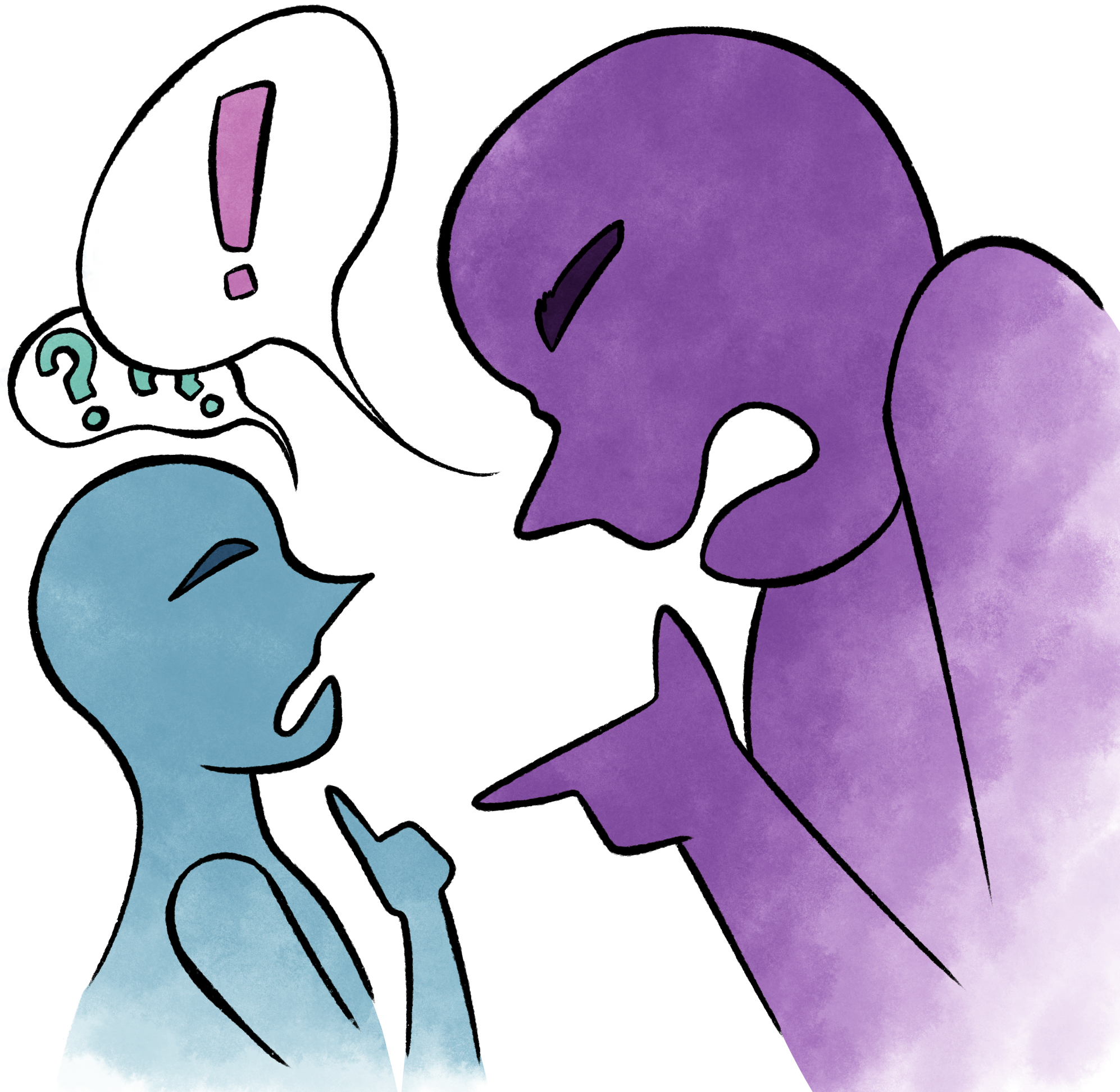When I was a boy, I fell from a bridge into a cold mountain river in northern New York. I emerged relatively unscathed, but I remember vividly the panic of knowing I was falling and that the rocks below hurt. My mother wasn’t far, helping an elderly swimmer onto the shore, and in family lore, she ignored my agonized screams until her old pal was safely ashore. Looking back, I doubt this legend is true: my mother is a worrier and, like all mothers, deeply concerned about her children’s safety. But, at some point since my tumble, the notion grew in my memory that Mom thought my injuries insignificant, and I have relished the chance to tease her about that for decades.
It’s funny—when I try to recall the fall, I still see the butterflies clustered on the bridge, drawing my attention away from balancing across its narrow span, and I see the woods tipping unnaturally as I topple over. But, when I “remember” the aftermath, I see the event from a distance. I see a crying blond-haired boy stumbling out of a rocky riverbed, running toward his mother, who dismisses him before realizing his distress.

Memory is confounding like that. I know that I fell from that bridge—no one in my family disputes that—but none of us can say exactly how I got to my mother or how she reacted. Those details are lost to the vagaries of memory.
Last month, the vagaries of memory took center stage during the confirmation hearings of Justice Brett Kavanaugh. Specifically, the Senate Judiciary Committee questioned Dr. Christine Blasey Ford and Judge Kavanaugh about their recollections of the summer of 1982, when Dr. Ford says Justice Kavanaugh sexually assaulted her. Both Dr. Ford and Justice Kavanaugh averred their absolute certainty about what did or didn’t happen, and Senators were left to decide whom to believe. In the end, no authority reached a definitive conclusion about the events of 1982, and the Senate confirmed Justice Kavanaugh.
While neither Dr. Ford nor Justice Kavanaugh wavered in their certainty about the accusation, Dr. Ford testified that she could not remember when the party had occurred, how much she had drank that night, and how she had returned home. Her critics leapt on those vulnerabilities, questioning the reliability of her memory, and President Trump mocked her publicly. Setting aside politics and the morality of believing sexual assault victims, this national spectacle sent dangerous messages about how we discuss, understand, and incentivize absolutism versus nuance and ambiguity.
Scientists’ understanding of the brain supports Dr. Ford’s accounting of her memories. In light of the Kavanaugh hearings, Scientific American published a series of articles about how traumatic memories form; the articles are short, fascinating, and worth a Google. But that science—which reveals that the hippocampus stores central details of traumatic events but essentially switches off afterwards—was ignored in Dr. Ford’s case. Instead, the holes in her decades-old memories were exploited while Justice Kavanaugh’s unflinching conviction about his innocence stood, despite numerous, if unrelated, falsehoods in his testimony.
The message was unequivocal: absolute certainty trumps nuanced certainty. But certainty can be tricky, even dangerous. You may recall Obi-Wan shouting at Anakin, “Only a Sith deals in absolutes!” (which, it’s worth noting, is itself an absolute). Precious few things in human life are absolute. Pregnancy and death come to mind—one can’t be a little pregnant or, The Princess Bride notwithstanding, mostly dead. Humans dwell in the gray, the murky middle defined by nuance, subtlety, uncertainty, and ambiguity.
From personal relationships— What did she mean with that look?— to history—Was America’s use of nuclear weapons to end World War II justified?—to even the law— What, exactly, is a “well-regulated militia?”—we are awash in deceptive simplicity that belies deep complexity, and nowhere is this more true than in the deep recesses of our inscrutable minds.
I’m sure I fell off that bridge, but years of my brothers’ and my teasing have colored our view of the aftermath. The truth of what happened is uncertain and irretrievable. Similarly, Dr. Ford and Justice Kavanaugh likely believed themselves to be truthful in their testimony, but for such an important national debate to misunderstand and abuse one participant’s honest admission of the flaws in her memory imperils a key component of reasonable, nuanced discourse: ambiguity.
As a learning community, we must resist reducing ideas and positions to absolutes. Rather, we should lean into nuance and uncertainty, and the accompanying discomfort. The Reluctant Fundamentalist may have struck some as un-American, but Mohsin Hamid admitted his intention to challenge dominant narratives and foreground American nostalgia. The dress code may seem anachronistic to some, but it provides comfort and security to others when standing out can be frightening.
In the end, the vulnerability of Dr. Ford’s memory made hers the more authentic account, but the supremacy of Justice Kavanaugh’s improbable certainty dealt a blow to authentic, nuanced argument. At Deerfield we should remain committed to resisting that tide, one that seems to draw more and more Americans further and further apart each day.

